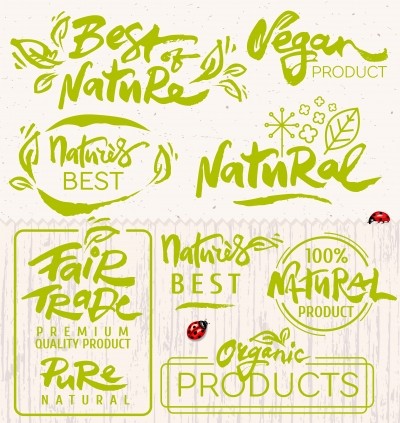How can the CSR halo benefit everyone?

Because while Corporate Social Responsibility (CSR) actions have proliferated, benefitting both people and the planet, the spectre of spin remains.
Economist Milton Friedman famously wrote that the only social responsibility of business was to engage in activities designed to increase its profits so long as it stayed within the rules of the game.
That purely profit-driven concept is fading fast, as CSR takes hold in both the business and public spheres.
According to market analyst Alan Rownan ethical labels are a visible and instantly recognisable way for a company to communicate good ethics to consumers.
“The effect that a recognisable ethical logo can have on sales simply cannot be ignored,” he wrote in a Euromonitor blog.
US consultancy firm, Reputation Institute, quantified the value of a boosted reputation thanks to sustainability efforts. In its 2015 RepTrak report it claimed that for every 5-point increase in reputation, companies would see an 8.6% increase in consumer willingness to recommend the company and its products, and also buy the products themselves.
A Rainforest Alliance report claimed McDonalds enjoyed a 23% rise in revenue after adding the logo to its coffee cups in UK branches.
An agreed set of CSR values
But not everyone believes that sales figures are enough to demonstrate the success of CSR. According to independent research group Corporate Watch, CSR is all too often used to greenwash a company’s image, while overlooking less ethical actions.
“Since much of the business case for CSR depends on corporations being seen to be socially responsible, CSR will continue to be little more than PR for as long as it is easier and cheaper to spin than to change,” it said in an online article.
UK charity Directory of Social Change (DSC) has called for a standard set of core CSR values to be developed in a bid to "eliminate much of the 'spin' that too often distorts CSR reporting."
It argued that, rather than being extra burdensome ‘red tape’, such measures would provide clarity to companies as well as placing them on a level playing field.
It seems this is a much repeated plea in the food industry – give companies a level playing field, eliminate the competitive risk and they will work together to make change happen. The UK food industry’s reformulation efforts to reduce salt content started out as a success for this reason – and then failed because the Responsibility Deal removed the impetus to maintain that level playing field through lax monitoring.
The success of this programme did not depend on it being mandatory either, as the UK salt reduction scheme demonstrated – but monitoring was essential to ensure constant collaboration.
The European Commission recognised this when it published a strategy report for CSR.
“Ultimately what an enterprise does matters far more than what it may say in a policy statement,” the report said.
“A credible policy statement is, however, an important starting point, especially for larger enterprises adopting a more formal approach to CSR than smaller enterprises. CSR policies that are clearly built with reference to internationally recognised CSR guidelines and principles are likely to gain in credibility."
The world of CSR is vast and there are many different causes to support – from fair trade and workers’ rights, to sustainable sourcing and environmental protection - so setting up a common framework that companies strive to abide by would be a big task.
But if the benevolent halo could benefit everyone equally – the company, the consumer and the cause – then it could be worth giving it a try.















